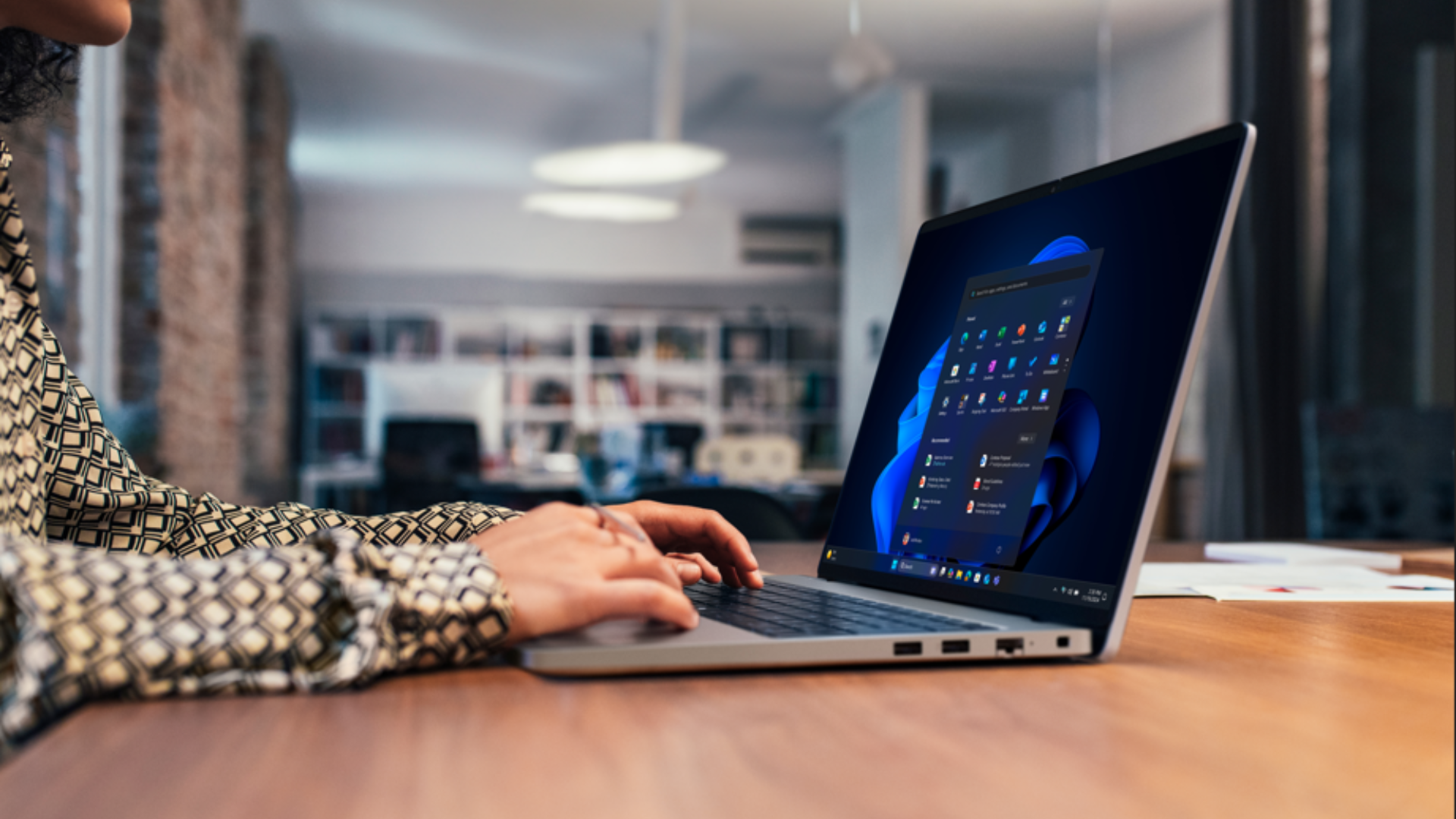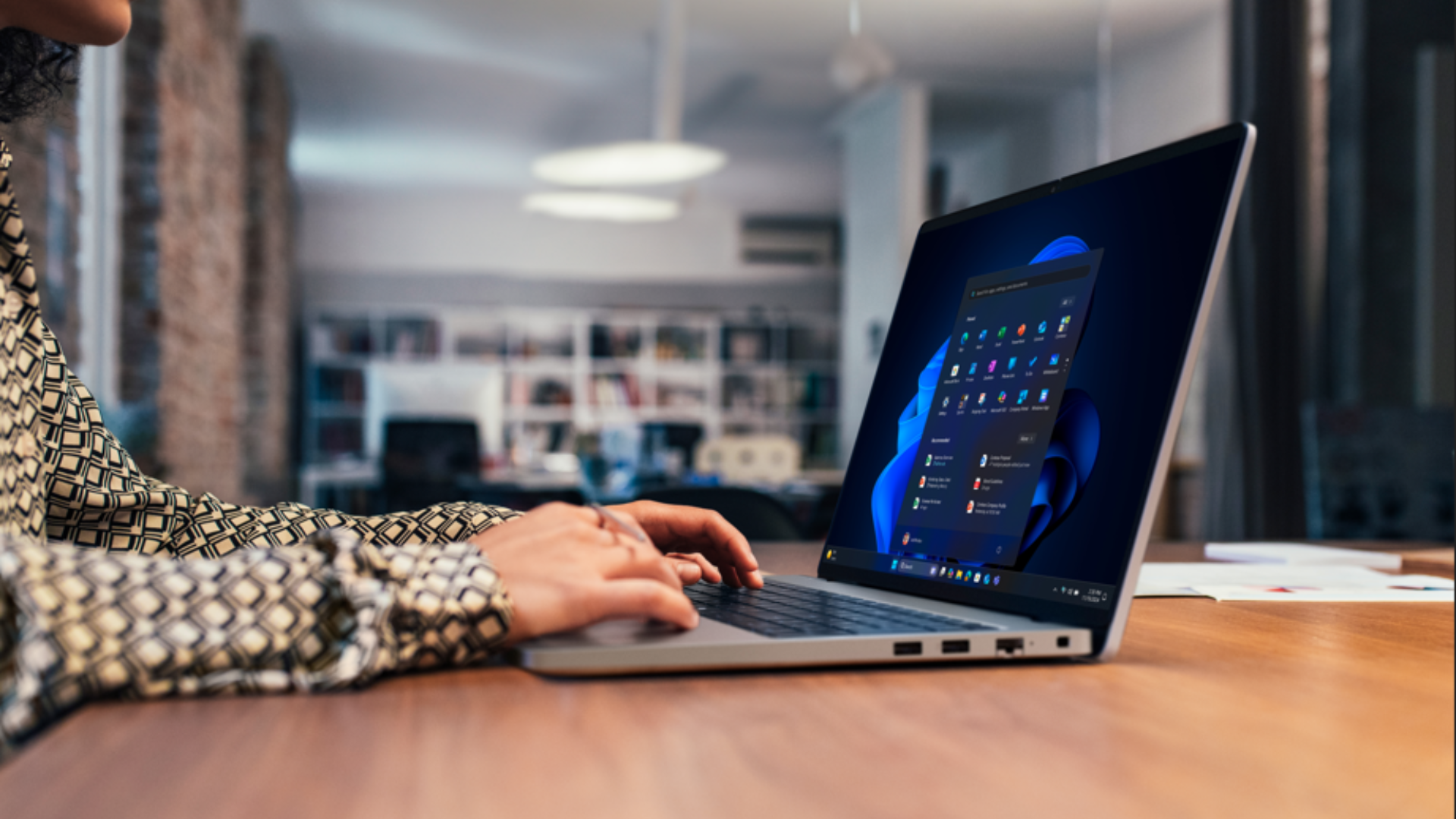Sophos: Apple users "soft targets" for malware threats
Security vendor hits out Mac users for not taking anti-virus more seriously.
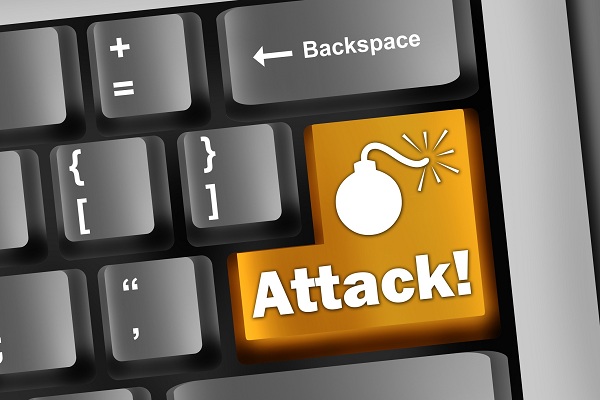
The dismissive attitude of Apple users to computer viruses needs to change, as research from security vendor Sophos shows that 20 per cent of Macs carry Windows malware.
The firm explained that, while Windows malware is unlikely to cause much disruption to Mac users, it can be easily passed on to other computers.
Moreover, Sophos also discovered that approximately 1 in 36 Apple computers contain Mac OS X malware.
Mac users need to be responsible members of the internet community or they're going to continue passing on viruses
Its findings, published at Infosecurity Europe in London today, are the result of an analysis by Sophos of 100,000 Mac computers.
Sophos claimed that some of the Windows malware its research uncovered dated back to 2007 and would have been easily detected, if Apple users were not so laid back in their approach to anti-virus.
Speaking to IT Pro, Graham Cluley, senior technology consultant at Sophos, said the results, along with the discovery of the Mac-focused Flashback malware, should serve as a wake-up call for Apple users.
Sign up today and you will receive a free copy of our Future Focus 2025 report - the leading guidance on AI, cybersecurity and other IT challenges as per 700+ senior executives
"For Mac users, the dream is over. They've been living in denial all this time. We've just found 600,000 users infected with Flashback. They are going to have to start running anti-virus," said Cluley.
"Mac users need to be responsible members of the internet community or they're going to continue passing on viruses to other people and contributing to the spam email problem."
He said part of the problem is that many Mac users consider their systems to be impervious to attack from viruses, making them a soft target for hackers and malware authors.
"If you're a bad guy writing malware, you wouldn't write it for computers that are constantly being updated with anti-virus signatures," said Cluley. "Why not write it for the platform where people are more laid-back about things like that?"
-
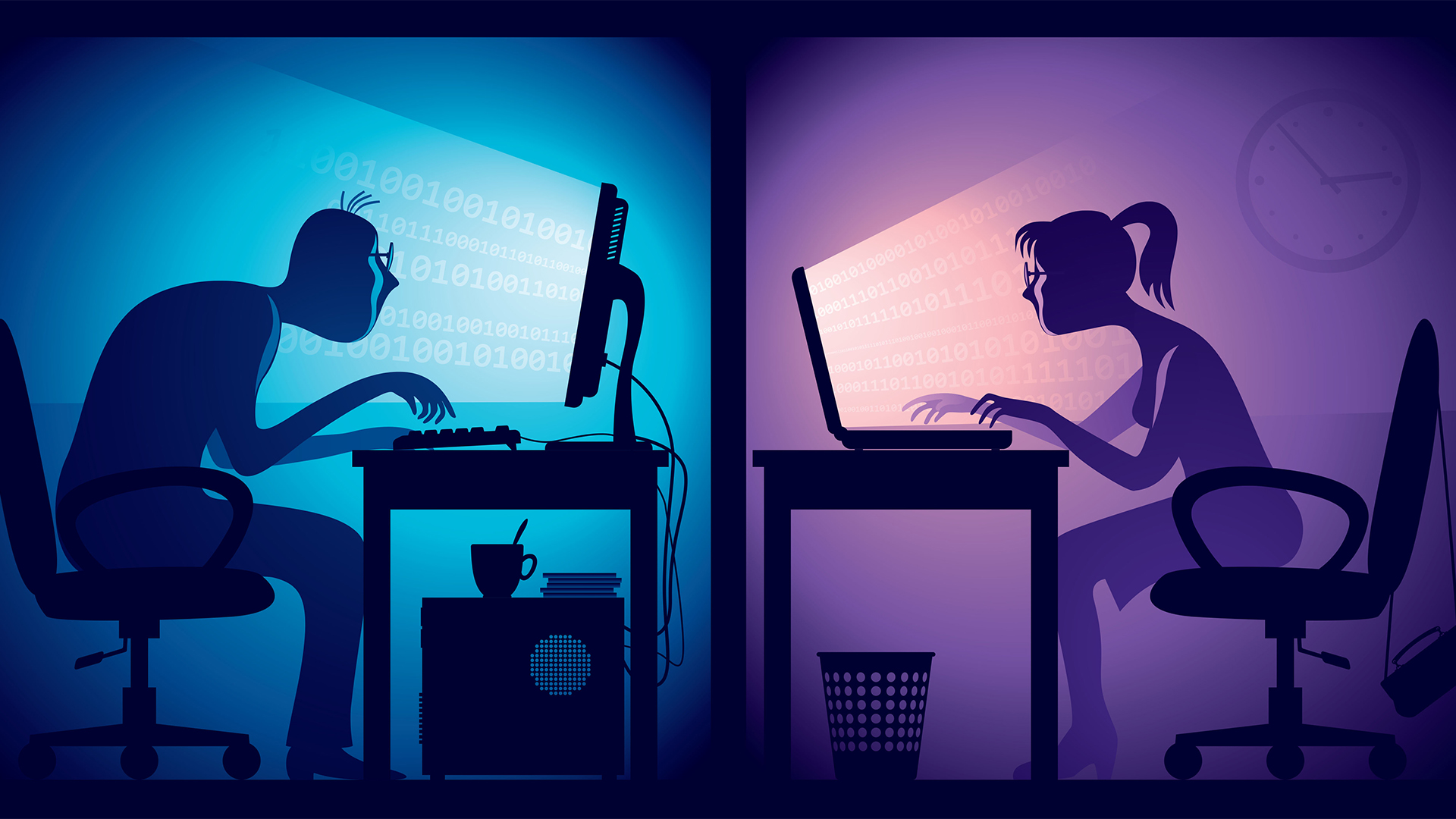 Ransomware victims are getting better at haggling with hackers
Ransomware victims are getting better at haggling with hackersNews While nearly half of companies paid a ransom to get their data back last year, victims are taking an increasingly hard line with hackers to strike fair deals.
-
 96% of SMBs are missing critical cybersecurity skills – here's why
96% of SMBs are missing critical cybersecurity skills – here's whyNews The skills shortage hits SMBs worse as they often suffer from a lack of budget and resources
-
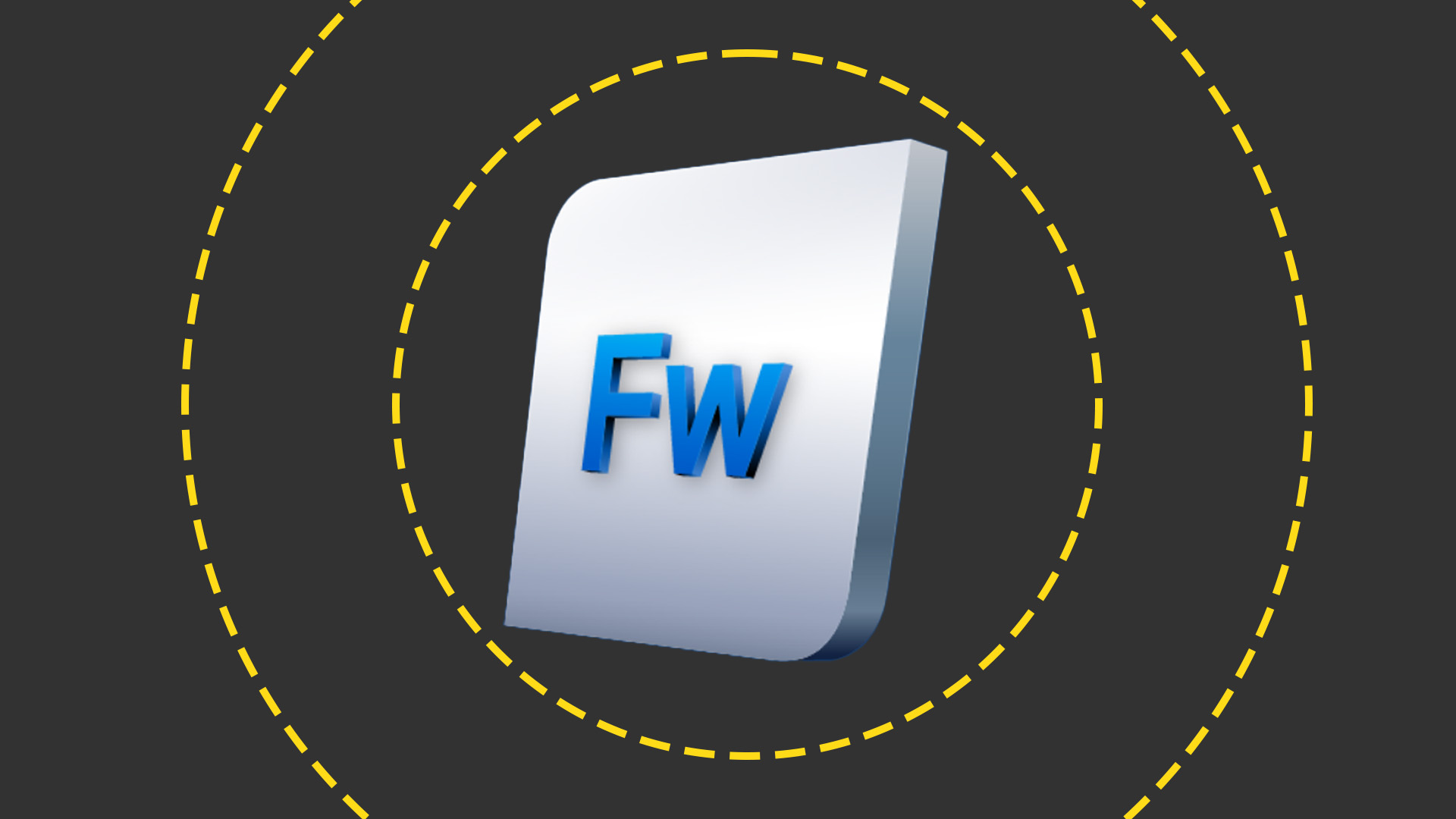 Sophos Firewall Virtual review: Affordable network protection for those that like it virtualized
Sophos Firewall Virtual review: Affordable network protection for those that like it virtualizedReviews Extreme network security that's cheaper than a hardware appliance and just as easy to deploy
-
 MSPs are struggling with cyber security skills shortages
MSPs are struggling with cyber security skills shortagesNews A shortage of tools and difficulties keeping pace with solutions were also ranked as key issues for MSPs
-
 Nearly 70 software vendors sign up to CISA’s cyber resilience program
Nearly 70 software vendors sign up to CISA’s cyber resilience programNews Major software manufacturers pledge to a voluntary framework aimed at boosting cyber resilience of customers across the US
-
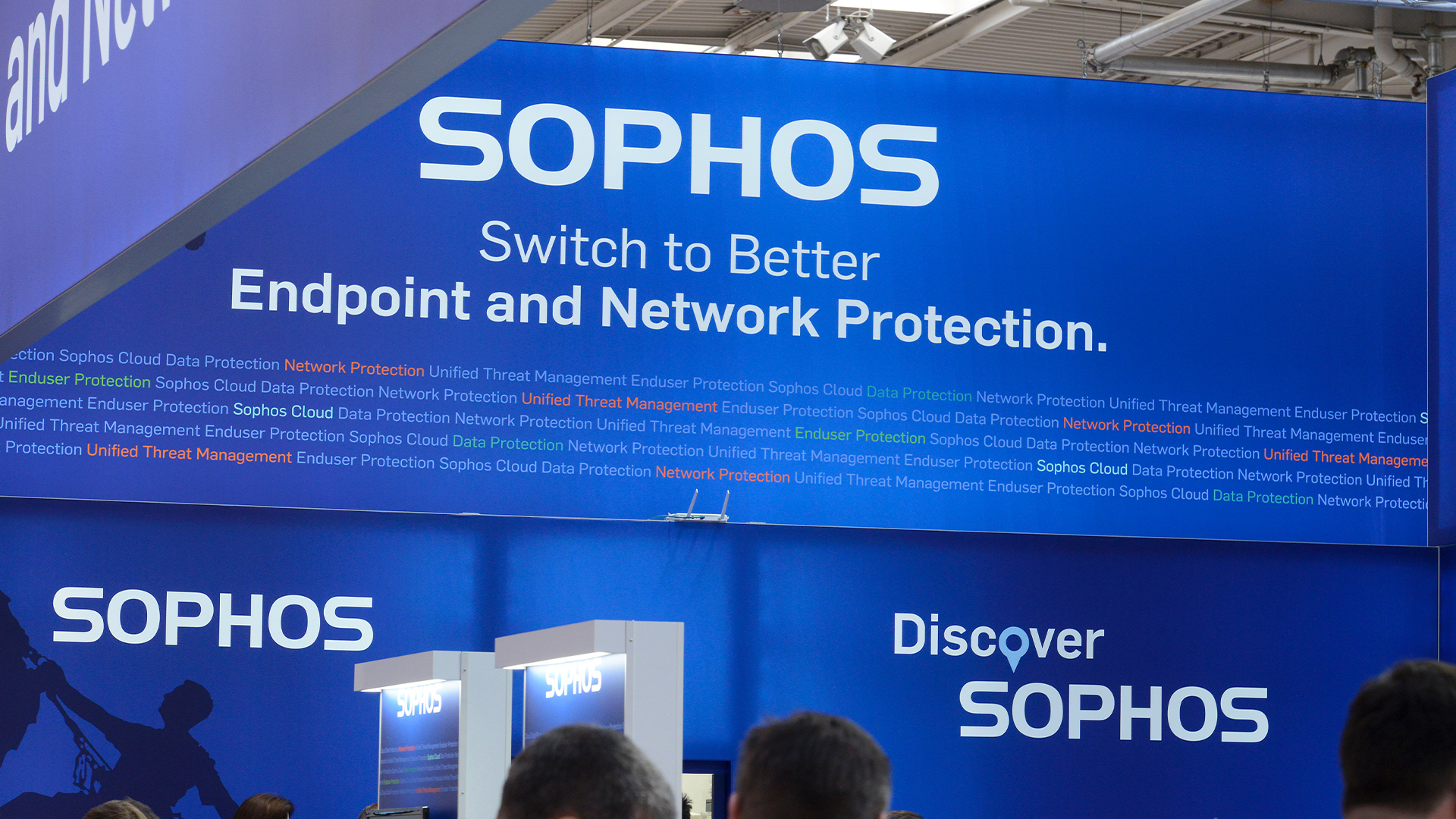 Sophos and Tenable team up to launch new managed risk service
Sophos and Tenable team up to launch new managed risk serviceNews The new fully managed service aims to help organizations manage and protect external attack surfaces
-
 Ransomware groups are using media coverage to coerce victims into paying
Ransomware groups are using media coverage to coerce victims into payingNews Threat actors are starting to see the benefits of a more sophisticated media strategy for extracting ransoms
-
 Shrinking cyber attack “dwell times” highlight growing war of attrition with threat actors
Shrinking cyber attack “dwell times” highlight growing war of attrition with threat actorsNews While teams are becoming more proficient at detecting threats, attackers are augmenting their strategies
